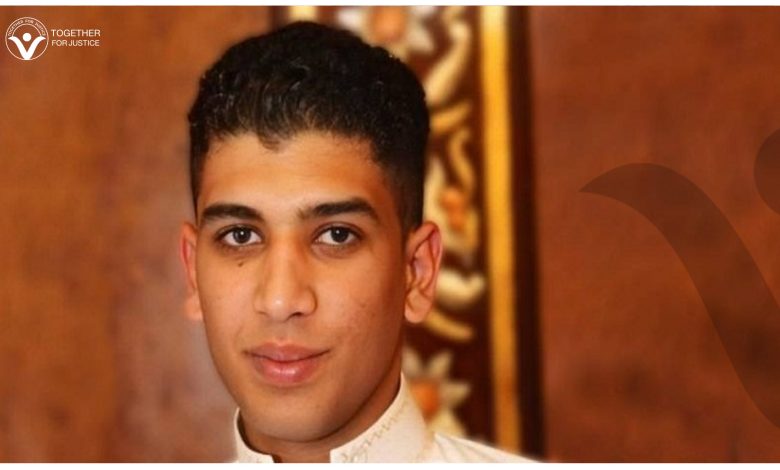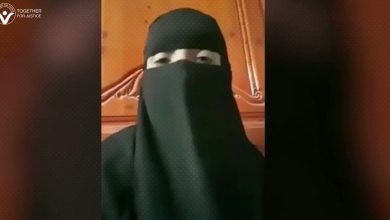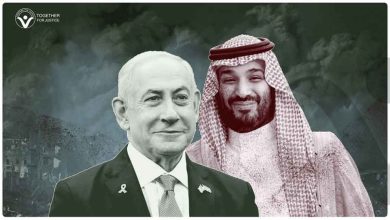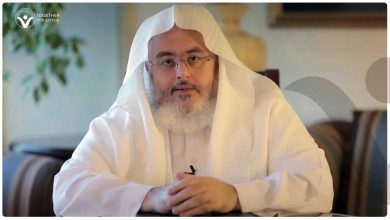Saudi Arabia Executes Abdullah Al-Derazi: A Shocking Crime Against Justice and Humanity

In yet another act of state-sponsored brutality, the Saudi authorities carried out the execution of Abdullah Mohammed Al-Derazi, a member of the Shiite minority from the Eastern Province, despite his arrest as a minor and more than 11 years of severe torture and abuse in detention. The execution, conducted by “ta’zeer” (discretionary killing) on Monday, underscores the regime’s utter disregard for international human rights law and its own repeated promises to limit the death penalty.
Al-Derazi was only 17 years old when he was arrested for allegedly taking part in demonstrations in December 2012. Since then, he was subjected to systematic torture, coerced confessions, and prolonged solitary confinement. His trial before the Saudi Specialized Criminal Court was a travesty of justice—held in secret, without legal representation, and based solely on forced confessions extracted under duress.
International human rights organizations had repeatedly called for Al-Derazi’s release, emphasizing that his arrest as a child and the absence of fair trial guarantees rendered any death sentence illegal under international law. Yet, Saudi authorities ignored every appeal, pushing forward with an execution that amounts to a judicial killing of a man who should have been protected, not condemned.
This execution is not an isolated incident. It marks the 300th execution recorded so far in 2025, a staggering number that reveals an unprecedented escalation in Saudi Arabia’s use of the death penalty. Since King Salman and Crown Prince Mohammed bin Salman came to power, 1,885 people have been executed, including minors, political prisoners, and foreign workers. Contrary to the Crown Prince’s previous claims that executions would be limited to cases of intentional murder, two-thirds of this year’s executions were related to drug or political charges, many involving vulnerable groups such as migrant workers who lacked access to fair legal representation.
The European Saudi Organization for Human Rights has documented that Al-Derazi’s killing, alongside others such as Jalal Labbad and journalist Turki Al-Jasser, exposes a systematic policy of silencing dissent and spreading fear through the judicial system. The executions reflect a regime that uses death as a weapon to suppress its citizens and polish its image abroad with false promises of reform.
Saudi Arabia’s mass executions and the killing of minors are a flagrant violation of the Convention on the Rights of the Child and the International Covenant on Civil and Political Rights, both of which prohibit the death penalty for crimes committed by persons under 18. The country’s continued defiance of these laws confirms that justice in Saudi Arabia remains a tool of repression rather than accountability.
Together for Justice strongly condemns the execution of Abdullah Al-Derazi and holds the Saudi regime fully responsible for this heinous crime. The organization calls on the United Nations, the European Union, and all democratic governments to impose immediate sanctions on Saudi officials involved in arbitrary executions and to suspend all diplomatic and economic cooperation until the Kingdom halts the use of the death penalty.
The silence of the international community enables this cycle of bloodshed. The world must not allow another young life to be extinguished by a regime that kills its own citizens under the guise of law.



